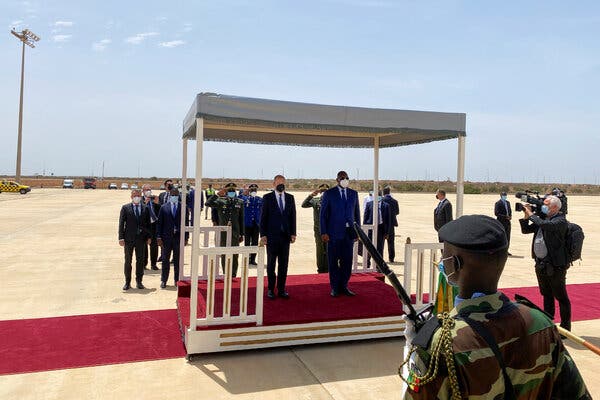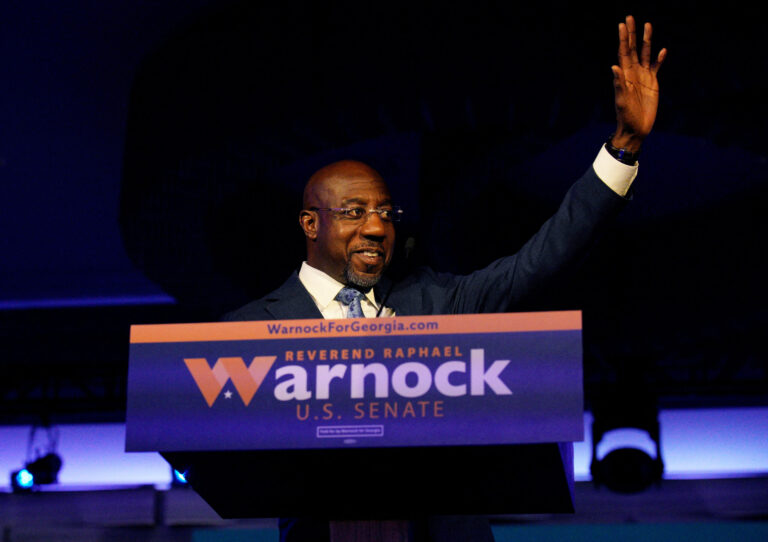Sudan’s Political Transition Balance: Navigating Power Shifts
Sudan’s political transition is currently in a delicate balance, requiring acceptance and support from the street and resistance committees, as well as engagement with community-based groups. The military-civilian body, the Sovereign Council, currently controls Sudan, with General Abdel Fattah Abdelrahman Burhan at the helm.
Prime Minister Abdalla Hamdok leads the civilian cabinet. This transition presents a historic opportunity for a more stable Sudan, but it requires careful negotiation and reform to achieve a civilian-led government and a balance of power between security forces and civilian leaders.
Civilian leaders must provide a political counterweight to the security forces in order to ensure a successful and democratic transition in Sudan.
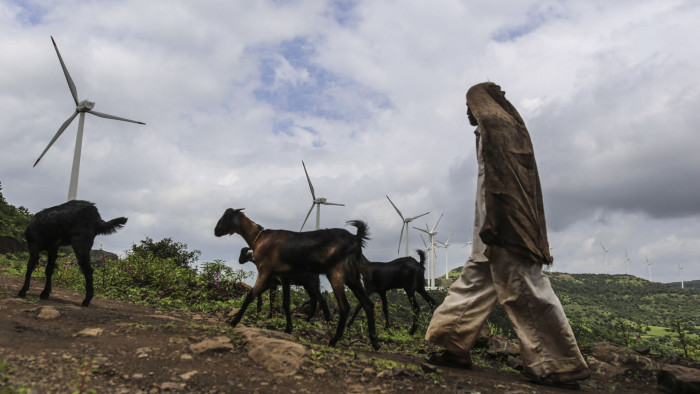
Credit: www.ft.com
Sudan’s Political Transition In Balance
Sudan’s political transition is at a critical juncture, with various internal and external factors shaping its trajectory. The country’s transition towards democratic governance has been the focus of international attention, as Sudan navigates through a complex interplay of power dynamics, challenges, and international involvement. In this article, we delve into the overview of Sudan’s political transition, the current power dynamics, challenges to its democratic transition, international involvement and support, and the future of Sudan’s political transition.
Overview Of Sudan’s Political Transition
Sudan’s political transition began with the ousting of former President Omar al-Bashir in April 2019, leading to the establishment of a transitional government comprising both civilian and military representatives.
Current Power Dynamics In Sudan
The power dynamics in Sudan are influenced by the delicate balance between the military and civilian factions within the transitional government, with both groups seeking to assert their influence and control over the country’s political future.
Challenges To Sudan’s Democratic Transition
Sudan faces significant challenges in its journey towards democratic governance, including the need to address issues related to security sector reform, economic stability, and the inclusion of diverse political and societal voices in the transition process.
International Involvement And Support
International actors, including the United States and the European Union, have played a vital role in supporting Sudan’s political transition, providing assistance and diplomatic engagement to bolster the country’s progress towards democratic governance.
The Future Of Sudan’s Political Transition
The future of Sudan’s political transition hinges on the ability of its transitional government to effectively navigate the complex challenges and power dynamics, while securing sustained international support to consolidate its democratic gains and pave the way for a stable and inclusive political future.
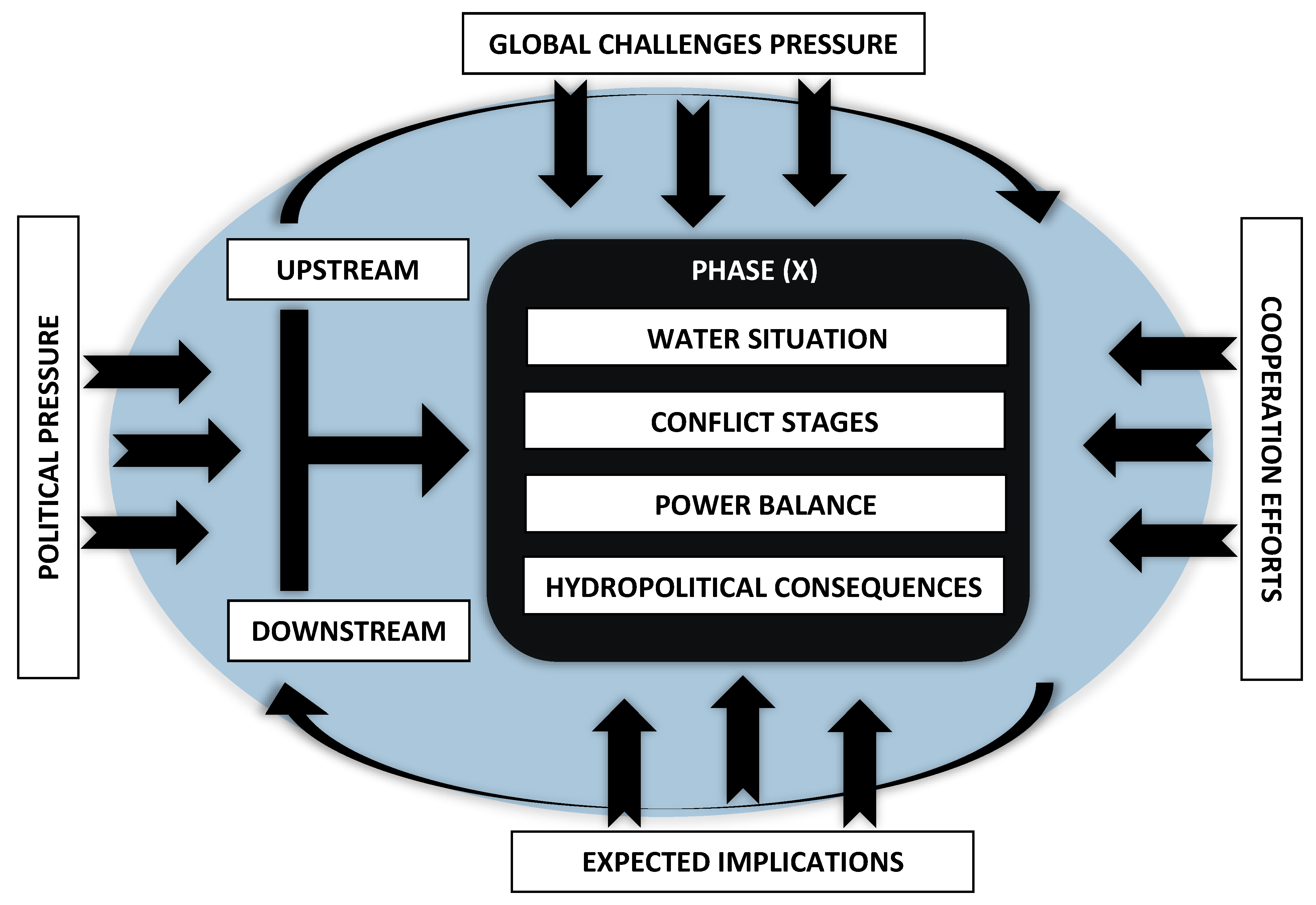
Credit: www.mdpi.com
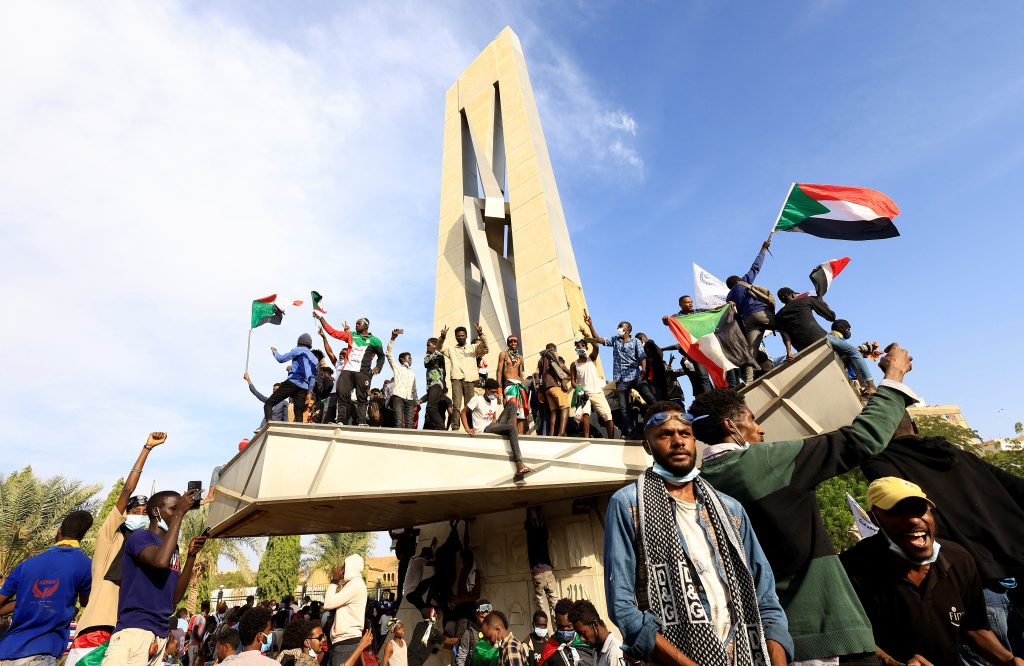
Credit: www.atlanticcouncil.org
Conclusion
The balance of power in Sudan’s political transition is delicate, requiring acceptance and support from the street and resistance committees. The formation of a new transitional government will be a major step toward a civilian-led government. Civilian leaders must strive to provide a political counterweight to the security forces for a successful democratic transition.

